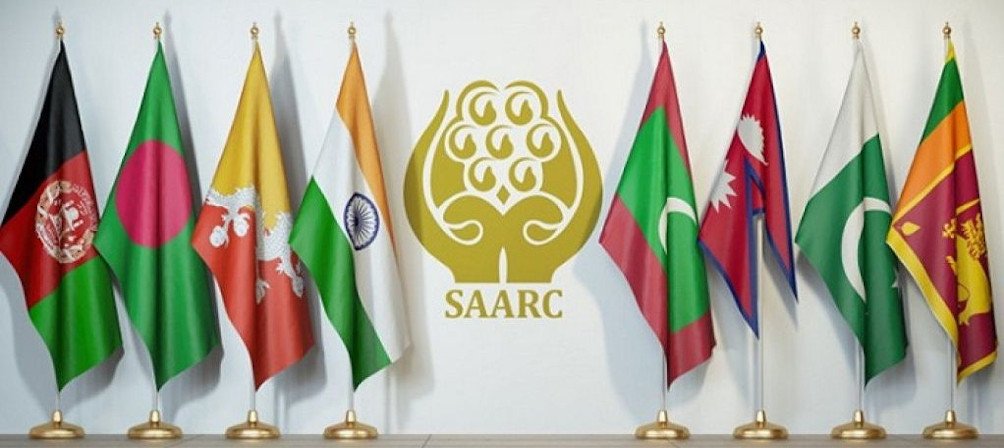This week, Pakistan found itself isolated on the global arena after an attempt to rally support for the Taliban, which seized control in Afghanistan last month, and grant the party a place at Saturday’s SAARC Foreign Ministers meeting was refused.
Pakistan’s demand that Nepal, the SAARC chair, offer written assurances was also refused. Ghulam Isaczai, who represents Afghanistan’s deposed government at the UN, would be barred from attending.
According to sources, SAARC members were unable to reach an agreement on Pakistan’s proposal or ensure the Taliban’s attendance at the meeting, which was slated to take place on the fringes of the ongoing United Nations General Assembly.
As a result, the conference of the Foreign Ministers of eight South Asian countries was called off. Bangladesh, Bhutan, India, Maldives, Nepal, Pakistan, Sri Lanka, and Afghanistan are members of SAARC.
According to a senior Indian government official, Pakistan insisted on the Taliban attending the summit, but no other country agreed to this demand.
India does not recognise the Taliban as the legitimate representative of the Afghan people.
Other countries likewise do not recognise the group, with top members of its new government still blacklisted by the UN and on ‘wanted’ lists by American agencies.
Russia and China have yet to recognise the Taliban.
The new Taliban leadership has “no legitimacy,” an Indian government official told NDTV, emphasising that the group cannot therefore pretend to speak on global platforms. Pakistan’s “midwife” role in Taliban sponsorship has exposed it, the functionary stated.
The Taliban has also written to the UN Secretary-General, requesting permission to attend the 76th General Assembly this week in New York, and has nominated Doha-based spokesperson Suhail Shaheen as Afghanistan’s UN ambassador.
According to Reuters, the move sets up a battle with Ghulam Isaczai, and approval is unlikely to be granted.
The Taliban’s admission by the UN will be a significant step in the group’s desire for worldwide recognition, which could assist the cash-strapped Afghan economy unleash finances.
When the Taliban was in power (1996-2001), the UN representative was the ambassador of the deposed Afghan government after decisions on the Taliban’s claims were postponed.


